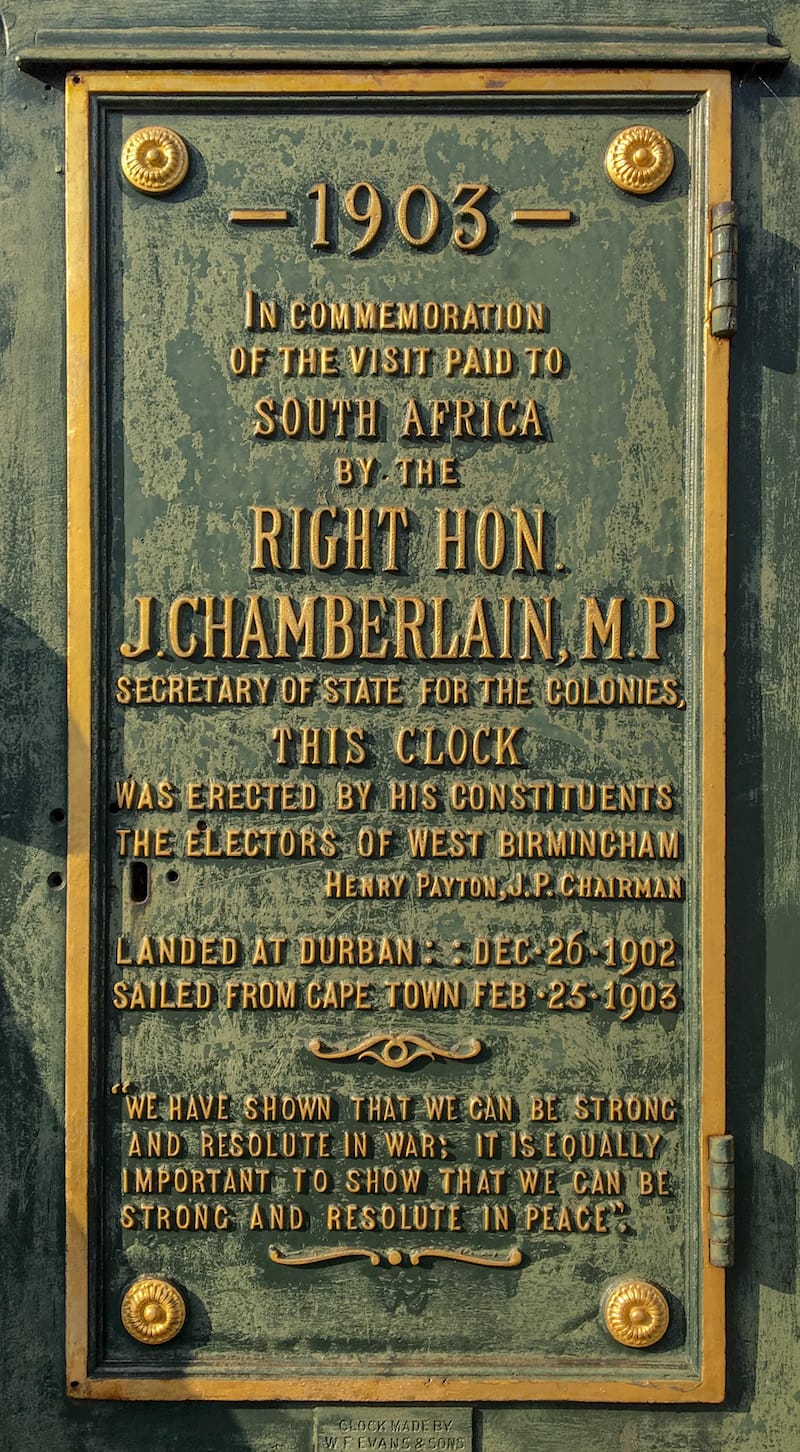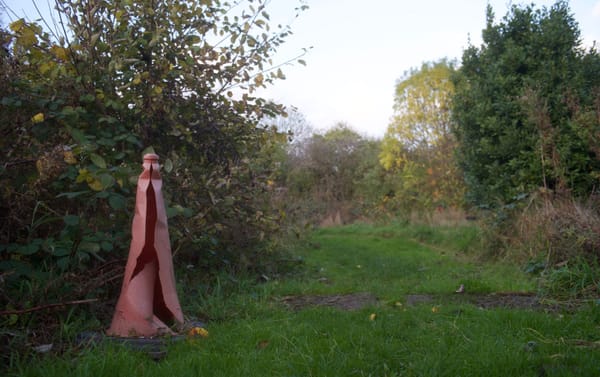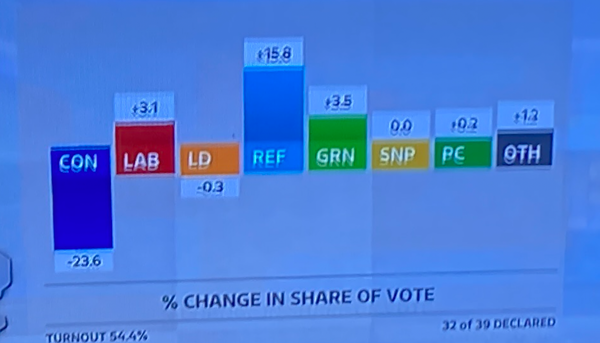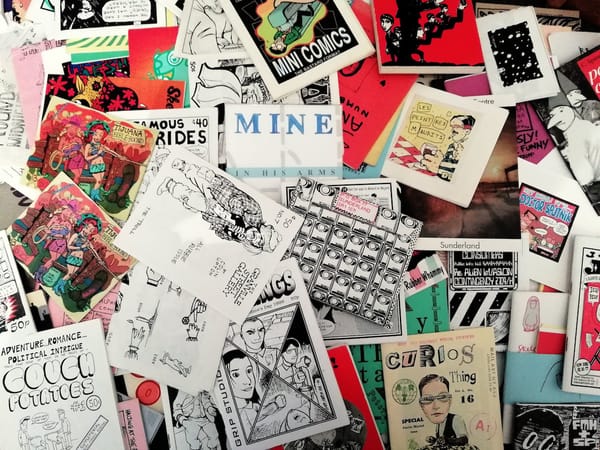Chamberlain Clock
On a number of Birmingham's traffic islands you'll find these iron clocks painted green. They're total heritage but because they often have no pedestrian access it's tricky to see them up close. While doing a reccy for my Jewellery Quarter walks this month I crossed over to read the inscription on the clock there and took a photo because it's quite specific.

Joseph Chamberlain is one of the Big Names in this city. Not to be confused with his son Neville of "peace in our time" fame, Chamberlain's mayorship in the 1870s saw one of the great Victorian programmes of municipal socialism, clearing the slums and reducing the blight of poverty, fighting hard against the Conservative establishment to bring about real reform. He was, in short, a local hero, so it's unsurprising that there are countless monuments and memorials to him, not least a public square of equal stature to Victoria's next door.
But he was also a massive Imperialist. Having sorted out Birmingham he went Westminster and became Colonial Secretary in Salisbury's government and brought his paternalist reforming ideas with him.
"I believe that the British race is the greatest of the governing races that the world has ever seen… It is not enough to occupy great spaces of the world's surface unless you can make the best of them. It is the duty of a landlord to develop his estate."
Nice.
And then there were the Boer Wars which he oversaw, including the delightful invention of the concentration camp. These were won and the Treaty of Vereeniging was signed in May 1902.
The plaque on the clock is about a two month tour of South Africa from over the Winter of 1902-3, a bridge building, conciliation effort to bring everyone back under the umbrella of the British Empire. Everyone with white skin, that is. Apartheid might not have become official policy until 1948 but it was there in all but name. Blacks were a resource, like the land, and the Boer Wars were effectively about who would control that resource.
The quote on the clock reads: "We have shown that we can be strong and resolute in war; it is equally important to show that we can be strong and resolute in peace." Within a decade white South Africans had negotiated nominal independence and were fully sovereign by 1931.
Chamberlain seems like a massively complicated figure but he marks an interesting moment in the history of progressiveness in the UK. He was in some ways ahead of his time in Birmingham, recognising that the city was only as strong and healthy as its inhabitants and that industry alone could not provide the necessary levels of infrastructure. He, and many others across the country, laid the foundations for the welfare state, and for that we must be grateful.
But he was behind the times when it came to the rest of the world. He believed the hubris of Britain's divine right to rule the waves and their superiority over other races. The 20th century would prove him as wrong as it would prove his civic ideas right.
In Birmingham I think we like to remember the young Chamberlain over the old, just as the English as a whole prefer the old Churchill to the more problematic pre-war version. It makes us feel better about our place in history to concentrate on the good stuff. But we should probably remember the bad stuff too. Birmingham's connection to the evils of empire is less clear cut than, say, Bristol and Liverpool where the slave trade looms large. But it's there, clearly written on the lovingly preserved heritage clocks on the traffic islands.



